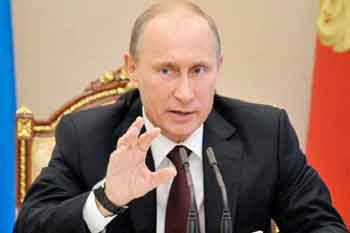Washington, D.C., November 10:
The United States has temporarily suspended weapons sales to NATO allies and Ukraine amid the ongoing federal government shutdown, raising alarm across Western defense circles about a possible strategic opening for Russia in Eastern Europe.
According to multiple diplomatic sources, the Pentagon’s foreign military sales (FMS) program has been frozen under the fiscal restrictions triggered by the 40-day shutdown, halting the approval and delivery of key defense systems.
The decision, though procedural, could significantly delay critical arms transfers to Kyiv and frontline NATO states — including air defense interceptors, ammunition, and precision-guided munitions — at a time when Europe’s security environment remains volatile.
“This couldn’t have come at a worse time. Russia is watching every gap in Western coordination,” noted a Brussels-based defense analyst, emphasizing the symbolic weight of the suspension.
Impact on Ukraine and NATO Partners
For Ukraine, the suspension interrupts deliveries that were scheduled under the 2025 military aid framework. Sources indicate that shipments of drones, artillery shells, and radar systems have been postponed until the U.S. government resumes normal operations.
NATO allies in Eastern Europe, particularly Poland, Romania, and the Baltic nations, are also facing delays in pending U.S. defense contracts. European officials privately fear this may embolden Moscow and slow collective deterrence measures.
Russia’s Strategic Leverage
Experts warn that the disruption effectively hands Russia a short-term strategic edge, allowing it to recalibrate troop positions and exploit diplomatic hesitation within NATO.
Moscow, meanwhile, has refrained from formal comment, though state media outlets are portraying the U.S. shutdown as evidence of “Western dysfunction.”
Defense Industry Concerns
The freeze is also affecting U.S. defense contractors, including Lockheed Martin, Raytheon, and General Dynamics, which rely on steady export flows to maintain production and supply chains. Any prolonged suspension could ripple through global defense markets.
















